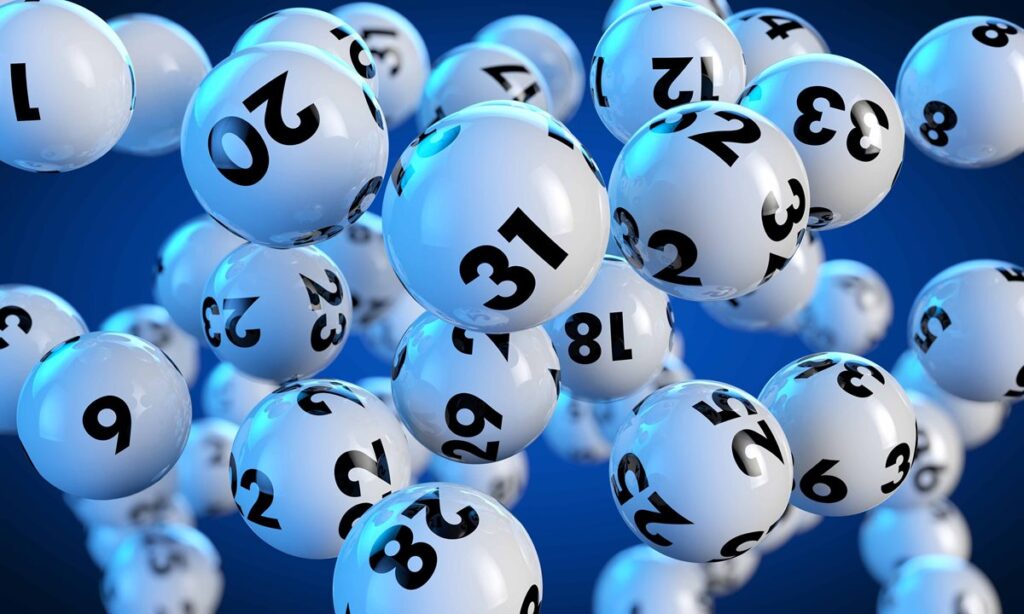Introduction: Lotteries are a ubiquitous part of modern culture. From scratch-off tickets to massive national draws, these games of chance have captured the imaginations of millions, offering the promise of overnight wealth and financial security. Eos파워볼 are more than just a game; they represent a complex interplay of psychology, economics, and personal aspiration. In this article, we’ll explore the world of lotteries, examining their history, impact on society, and the psychology behind the allure of these games.
A Brief History of Lotteries
Lotteries have a long and storied history that predates modern state-run systems. The word “lottery” comes from the Italian “lotto,” which means destiny or fate. The first recorded lottery dates back to ancient China during the Han Dynasty (205-187 BC), where they were used to finance major construction projects. In Europe, lotteries gained popularity during the 15th and 16th centuries as a means of generating funds for government initiatives and public works.
In the United States, lotteries played a significant role in financing critical infrastructure projects, such as the construction of Harvard University and the establishment of the Continental Congress. However, by the mid-19th century, concerns over fraud and corruption led to a nationwide ban on lotteries.
It wasn’t until the latter half of the 20th century that many states began to reintroduce lotteries, often as a means of generating revenue for public education. Today, lotteries are a multi-billion dollar industry in the United States alone, and their popularity continues to grow worldwide.
The Economic Impact of Lotteries
Modern lotteries serve two main purposes: revenue generation and the satisfaction of consumer demand. State-run lotteries have become an essential source of income for governments, funding various public programs and initiatives, most notably education. Proponents argue that lotteries offer a voluntary tax that, instead of disproportionately burdening lower-income individuals, spreads the cost across a broader demographic.
While it’s true that lotteries generate significant revenue, there is a compelling counter-argument. Critics contend that the lottery preys on those who can least afford to play, creating a regressive form of taxation. For many players, the dream of striking it rich becomes a financial burden, as they spend a significant portion of their income on tickets.
The Psychology of Playing the Lottery
The allure of the lottery extends beyond economic considerations. Lotteries tap into deeply ingrained human psychological factors, such as the hope for a better future. The thrill of taking a risk, and the belief in personal luck.
- Hope and Aspiration: The chance of winning the lottery offers people a tangible hope for a better life. The mere possibility of escaping financial hardship or realizing long-held dreams can be incredibly compelling.
- Risk and Reward: The act of purchasing a lottery ticket embodies risk-taking behavior, a fundamental part of human nature. The potential for a massive financial reward, even when statistically unlikely, is exhilarating.
- Gambler’s Fallacy: Many players believe that if a number or combination hasn’t appeared in a while. It’s more likely to be drawn soon. This is a common fallacy that ignores the independence of lottery draws.
- Social Proof: Seeing others participate and win reinforces the belief that a life-altering jackpot is within reach, even though the odds are usually astronomically low.
Responsible Lottery Play
While lotteries can be fun and offer a chance at realizing dreams, responsible play is essential. It’s crucial to approach lottery participation with the understanding that it is a form of entertainment, not a reliable strategy for financial security. Players should set limits on their spending and avoid using lottery tickets as a primary investment.
Conclusion
The lottery remains a fascinating aspect of contemporary culture, offering a mix of hope, risk, and reward. While it serves as a crucial source of revenue for governments and a source of entertainment for millions. It’s essential to remember that the odds of winning are often exceedingly slim. The dream of a lottery win can be powerful, but it’s equally important to approach it. A sense of responsibility and an understanding of the role of chance in the game. Whether it’s a weekly ticket purchase or an occasional indulgence. The lottery continues to be a complex and enduring part of the human experience.

